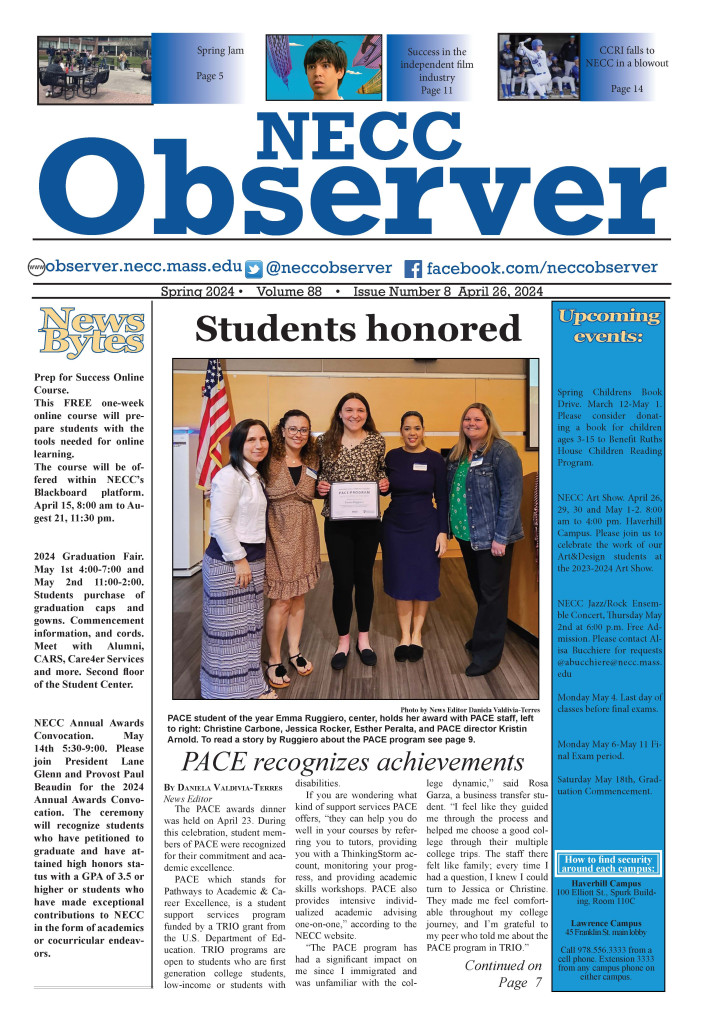Julia Child’s culinary journey really began to materialize in the 1950’s, when she was settling down in France with her husband, Paul Cushing Child. Julia attended the renowned Le Cordon Bleu cooking school in France and then began contributing to a cookbook with two French chefs she befriended. It was with these fellow chefs that Julia taught cooking classes to the French people while adding to her arsenal of recipes and knowledge of food, particularly the French cuisine.
Before attending Le Cordon Bleu culinary school in 1951, Julia Child majored in history at Smith College. This was nearly twenty years prior to her foray into her culinary education. After graduating from Smith, Julia Child worked in intelligence, communicating highly classified content about various operations for the Office of Strategic Services during World War II. Julia was directly responsible for helping to create a successful shark repellent for the OSS by means of cooking and releasing said repellent underwater to deter sharks from venturing near mines. I had never known that until I researched her more and I think that that is fascinating. Overall, Julia Child had a wide and thorough range of education in her background. You could say that she was extremely disciplined as an individual due to this.
In my opinion, I would say that Julia Child IS the culinary industry, and that her hand in the history of food as it exists in our culture today is of the utmost influence. I do not want to sound precocious, as a 31 year old who people probably think has no clue. But, growing up with my grandparents, more specifically a grandmother who at one time ran a catering business, and raised me with a truly great food awareness, I can say confidently that Julia Child is one of the most important culinary figures in our world’s recent history.
Julia Child brought classic French cuisine to the tables and televisions of mainstream America. Julia Child was the conduit in which the American people could satisfy their growing interest in the French culture and their food. Techniques and concepts of cooking that were for so long seen as inaccessible and daunting to people all over the world were now made less intimidating by the instruction of the talented and knowledgeable woman chef. It didn’t hurt that her personality and perspective were so endearing. She was cheerful, personable, humble, funny, and candid, which helped to kind of ease readers and viewers of hers into this less anxious space where they were able to achieve the same type of results in the kitchen as she did.
I am drawn to Julia Child’s contagious spirit. The thing I love the most about her, or that I find the most interesting about her, is her sense of humor. Obviously, I look up to her as a chef and a mentor. Honestly. I watch “The French Chef” reruns or clips of her online, and I know I will get the best start to finish demonstration on whatever dish or technique she is showcasing. Her culinary legacy is undeniable and why we all watch her or use her as a point of reference in our own culinary journeys. However, to me personally, I think it is so amazing and rare that none of the regimented, undoubtedly stressful years of her time in the Service or cooking in France had a detrimental effect on Julia or her spirit. In a world where hierarchy exists, and at a time when women had even less rights, Julia Child, in all of her six feet and two inches, always managed to smile, laugh, talk to us as if we were in her kitchen with her, telling us it would all be okay. She didn’t take herself too seriously, and I respect her for that, as well as for many other reasons. Food is special, and it can be intense at times, but if you can’t enjoy yourself while you are doing it, then what is the point?
I think Julia Child exemplified that spirit and showed us that with a little hard work and a good attitude, anyone can make magic in the kitchen. And if you drop a chicken on the floor, it isn’t the end of the world…Just wipe it off or something, no one will ever know.
Editor’s Note: Nicholas Rossi wrote this as a paper for a Culinary Arts class and recently shared it with the NECC Observer. We welcome student submissions, feel free to send them to observer@necc.mass.edu.

